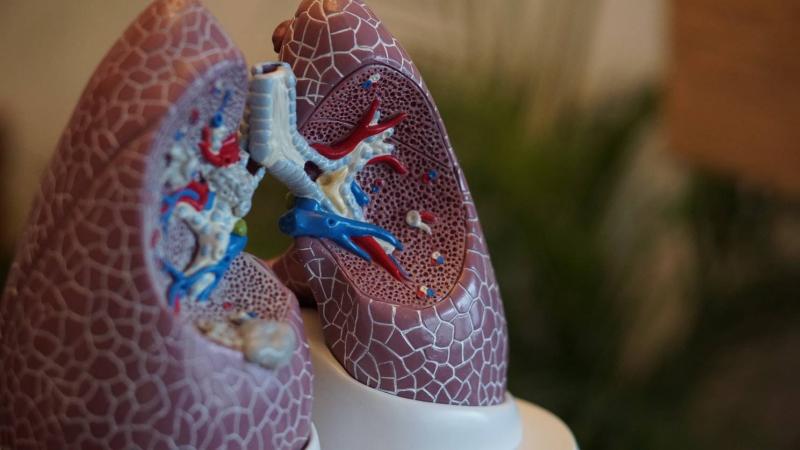Scientists have studied various foods and dietary components for potential associations with cancer. One such type of food that is surrounded by controversy and conflicting evidence is ghee.
It has been hypothesized that unsaturated fatty acids are carcinogenic, although there is limited data from researchers testing this hypothesis. A diet rich in ghee can increase cancer risk and is also associated with heart disease.
Both glycidol and 3-MCPD are harmful byproducts of heating vegetable oil above 200 degrees Celsius, which occurs mainly when oils are refined to remove volatile or foul-smelling substances. When this refined oil is used in ghee, these two compounds often come along.
The International Agency for Research on Cancer, under the auspices of the World Health Organization, classifies these compounds as Group 2A carcinogens—both "probably carcinogenic" based on tests conducted on animals. The European Food Safety Authority classifies glycidol as "genotoxic and carcinogenic," meaning it may damage DNA and cause tumors.
In a study published in the National Library of Medicine, further investigation was conducted into the intake of unsaturated fatty acids from partially hydrogenated vegetable oils concerning cancer risk. A total of 77,568 men and women were followed during 2007, where 12,004 cases of cancer occurred.
The study states, "The intake of unsaturated fatty acids may affect systemic inflammation, insulin resistance, and obesity, but whether saturated fatty acid intake affects cancer risk has not been sufficiently studied."
The research found that trans fats in ghee are associated with an increased risk of lung, colorectal, breast, endometrial, and prostate cancers.
It is important to note that not all types of ghee are the same and thus may have different health effects. Some newer types of ghee that are low in saturated fats and high in unsaturated fats, devoid of trans fats, are acceptable as long as you do not use too much, according to the British newspaper Express.




